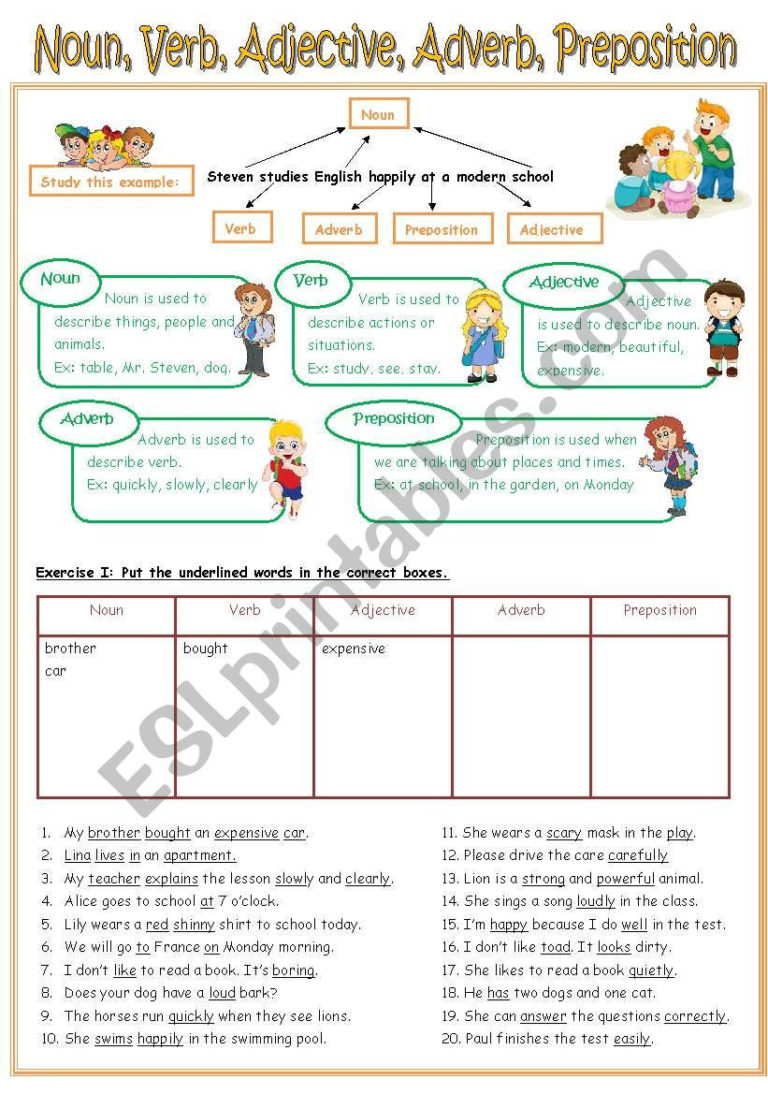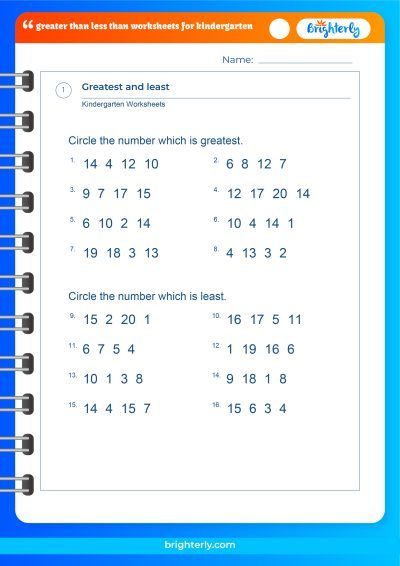Mastering Chemistry: Predicting Reactions Worksheet Simplified

Understanding the Basics of Chemical Reactions
Chemical reactions are the heart of chemistry, and understanding how to predict them is crucial for any student or professional in the field. A predicting reactions worksheet can be a valuable tool for mastering this skill, but it can also be overwhelming, especially for beginners. In this article, we will break down the basics of chemical reactions, provide tips and tricks for predicting them, and include a simplified worksheet to help you practice.
What is a Chemical Reaction?
A chemical reaction is a process where one or more substances (reactants) are converted into new substances (products). This process involves the breaking and forming of chemical bonds, resulting in a change in the chemical composition of the reactants.
Types of Chemical Reactions
There are several types of chemical reactions, including:
- Synthesis reactions: Two or more reactants combine to form a new product.
- Decomposition reactions: A single reactant breaks down into two or more products.
- Replacement reactions: One reactant replaces another reactant in a compound.
- Combustion reactions: A reactant combines with oxygen to produce heat and light.
Predicting Chemical Reactions
Predicting chemical reactions involves identifying the reactants and products, as well as the type of reaction that will occur. Here are some tips and tricks to help you predict chemical reactions:
- Know the periodic table: The periodic table is a powerful tool for predicting chemical reactions. By knowing the properties of elements and their positions on the periodic table, you can predict how they will react with other elements.
- Understand chemical formulas: Chemical formulas are a shorthand way of representing the composition of a compound. By understanding how to read and write chemical formulas, you can predict the products of a reaction.
- Identify reactant types: Different types of reactants (e.g., acids, bases, metals) react in different ways. By identifying the type of reactant, you can predict the type of reaction that will occur.
- Use reaction patterns: Certain reaction patterns, such as the reaction of metals with acids, can help you predict the products of a reaction.
Simplified Predicting Reactions Worksheet
Here is a simplified predicting reactions worksheet to help you practice:

| Reactants | Products |
|---|---|
| Hydrogen gas (H2) + Oxygen gas (O2) | ? |
| Sodium metal (Na) + Water (H2O) | ? |
| Carbon dioxide (CO2) + Water (H2O) | ? |
| Calcium carbonate (CaCO3) + Hydrochloric acid (HCl) | ? |
💡 Note: Use the tips and tricks above to predict the products of each reaction.
Answers and Explanations
| Reactants | Products |
|---|---|
| Hydrogen gas (H2) + Oxygen gas (O2) | Water (H2O) |
| Sodium metal (Na) + Water (H2O) | Sodium hydroxide (NaOH) + Hydrogen gas (H2) |
| Carbon dioxide (CO2) + Water (H2O) | Carbonic acid (H2CO3) |
| Calcium carbonate (CaCO3) + Hydrochloric acid (HCl) | Calcium chloride (CaCl2) + Water (H2O) + Carbon dioxide (CO2) |
💡 Note: Check your answers against the explanations below.
- Hydrogen gas (H2) + Oxygen gas (O2): This is a combustion reaction, where hydrogen gas reacts with oxygen gas to produce water.
- Sodium metal (Na) + Water (H2O): This is a replacement reaction, where sodium metal replaces hydrogen in water to produce sodium hydroxide and hydrogen gas.
- Carbon dioxide (CO2) + Water (H2O): This is a synthesis reaction, where carbon dioxide reacts with water to produce carbonic acid.
- Calcium carbonate (CaCO3) + Hydrochloric acid (HCl): This is a replacement reaction, where hydrochloric acid replaces calcium in calcium carbonate to produce calcium chloride, water, and carbon dioxide.
Conclusion
Mastering chemistry requires practice and patience, but with the right tools and techniques, you can become proficient in predicting chemical reactions. By understanding the basics of chemical reactions, using tips and tricks, and practicing with a simplified worksheet, you can improve your skills and become a master chemist.
What is the difference between a synthesis reaction and a decomposition reaction?
+A synthesis reaction is where two or more reactants combine to form a new product, while a decomposition reaction is where a single reactant breaks down into two or more products.
How do I know which type of reaction will occur?
+By identifying the type of reactants and using reaction patterns, you can predict the type of reaction that will occur.
What is the importance of the periodic table in predicting chemical reactions?
+The periodic table is a powerful tool for predicting chemical reactions, as it provides information about the properties of elements and their positions on the periodic table.
Related Terms:
- Predicting Products worksheet pdf
- Predicting products worksheet answers
- Predicting Reaction Products Worksheet



